North Carolina is spending $1.1 million on tobacco control programs, but the Campaign for Tobacco-Free Kids, a non-profit advocacy group, claims that the state may not be doing enough to educate residents on the risks of smoking.
The group recently issued a report that hinges on three sets of data: money allocated to states as a result of the Tobacco Master Settlement Agreement, money spent by states on tobacco control programs, and CDC spending recommendations for those programs in each state.

Excerpt of the Campaign for Tobacco-Free Kids FY2017 state report. Page from tobaccofreekids.org.
John Schachter, the group’s director of state communications, explained that a national gross of “over $26 billion” was accrued by states during the last fiscal year from tobacco-related taxes and settlement money, but “only $493 million” went toward initiatives intended to limit the harmful effects of tobacco use.
The CDC advises North Carolina to allocate an amount between $69 million and $99 million for these initiatives, but the state currently allocates $1.1 million despite having received $435 million in tobacco money during the last fiscal year. This puts state spending toward tobacco control at one to two percent of federal recommendations.
The only state in full compliance with the CDC on these matters is North Dakota, which allocates $9.9 million toward a recommendation of $9.8 million. New Jersey does not allocate any money toward tobacco control programs, making it the least compliant state.
Though state spending on tobacco control programs may be low, Schachter admitted that smoking has become less popular over the past eight years due to “an increase in the federal tobacco tax” and “aggressive media campaigns” from both the CDC and non-profit groups like Truth Initiative.
With over 20 states currently allocating less than ten percent toward CDC recommendations for tobacco control programs, only time will tell if Schachter’s group will achieve its goal of bringing about the first tobacco-free generation.
Related Stories
‹
![]()
Youth Anti-Smoking Events Planned For WednesdayYoung people across the country will gather on Wednesday to say no to smoking. Kick Butts Day, like cigarette butts, is a day of activism against big tobacco companies and youth smoking. Gustavo Torrez is the director of youth advocacy for the Campaign for Tobacco Free Kids. He says tobacco companies spend billions of dollars […]
![]()
This Thursday, Join The "Great American Smoke-Out"The Great American Smoke-Out is held every year by the American Cancer Society. Here's what's happening locally.
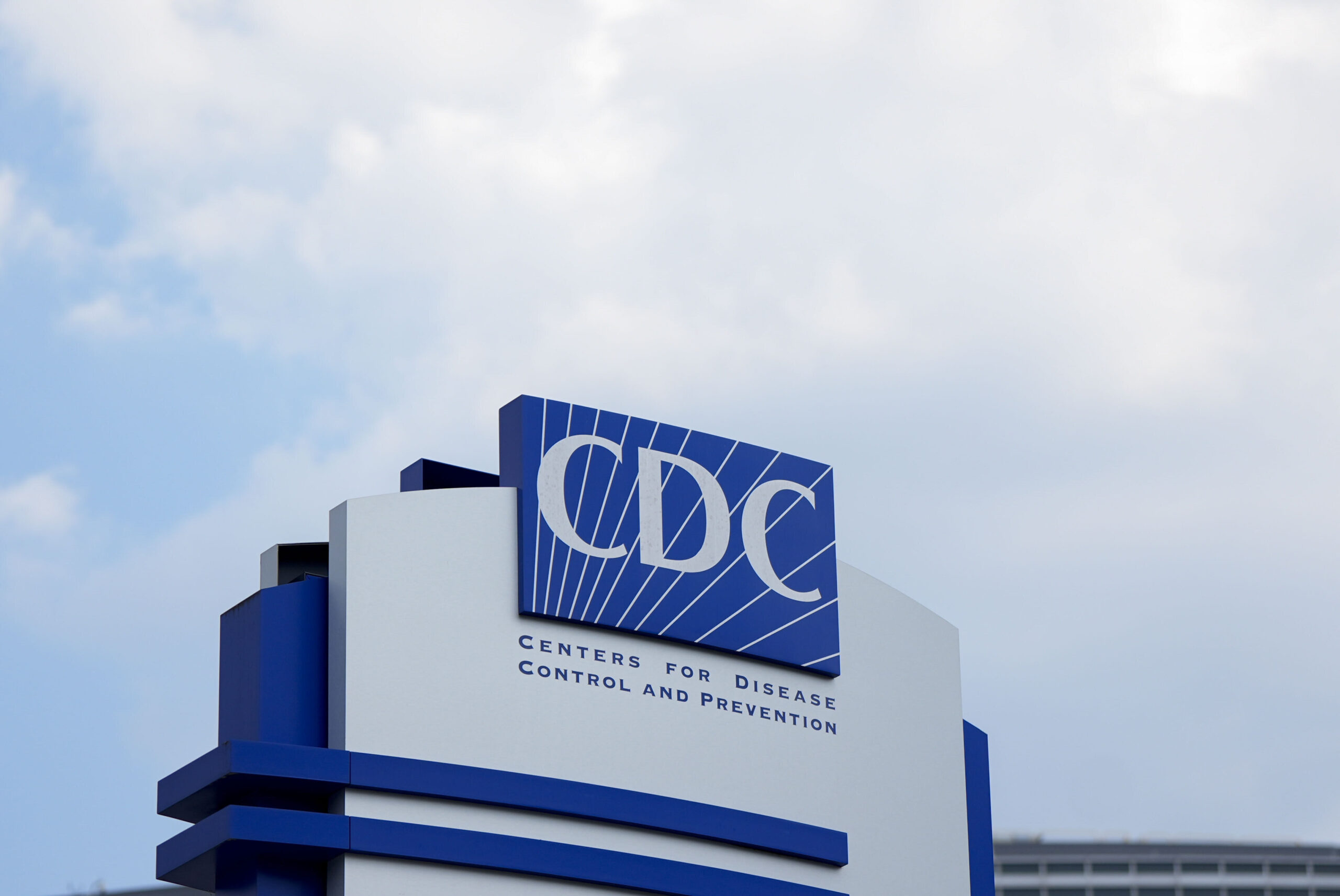
CDC Shooting Marks Latest in a String of Hostility Directed at Health Workers. Many Aren’t SurprisedThe attack in Atlanta happened in the face of ongoing public health misinformation and animosity about the safety of immunizations.

'This is Not Over': UNC Scientist on Decline in Overdose Deaths, Fighting Opioid EpidemicU.S. drug overdose deaths did not increase from the year before, as data published by the Centers for Disease Control show an estimated 80,400 overdose deaths in the country last year — 27% less than 2023. But rather than this being an abrupt change, UNC epidemiologist […]
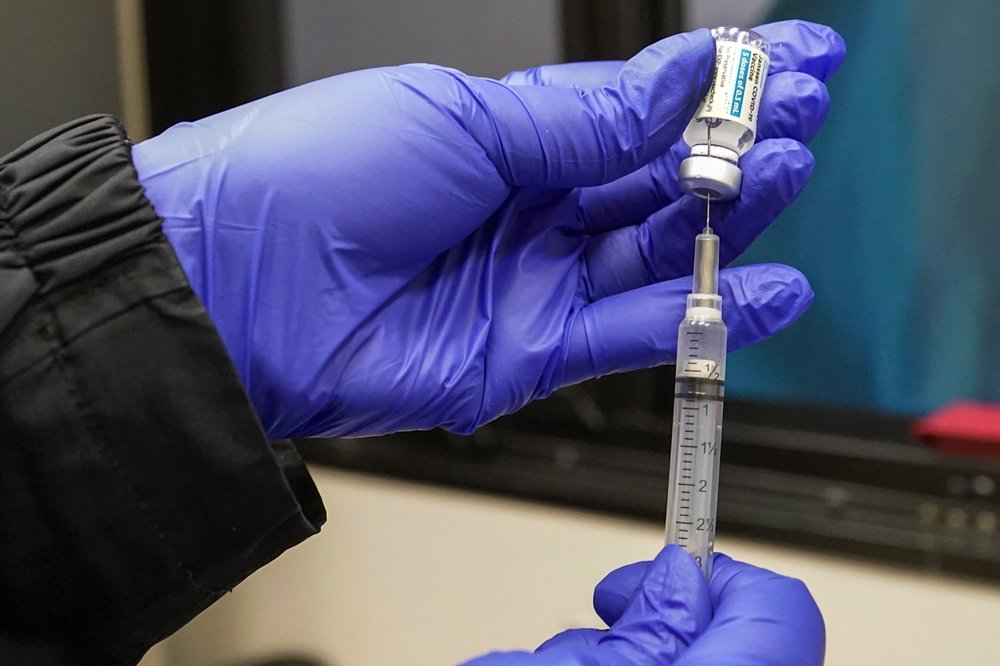
Here’s Where Jobs and Programs Are Being Cut at the Nation’s Top Health AgenciesThousands of people were laid off Tuesday at the United States' top health agencies. Here are what positions and efforts were cut.
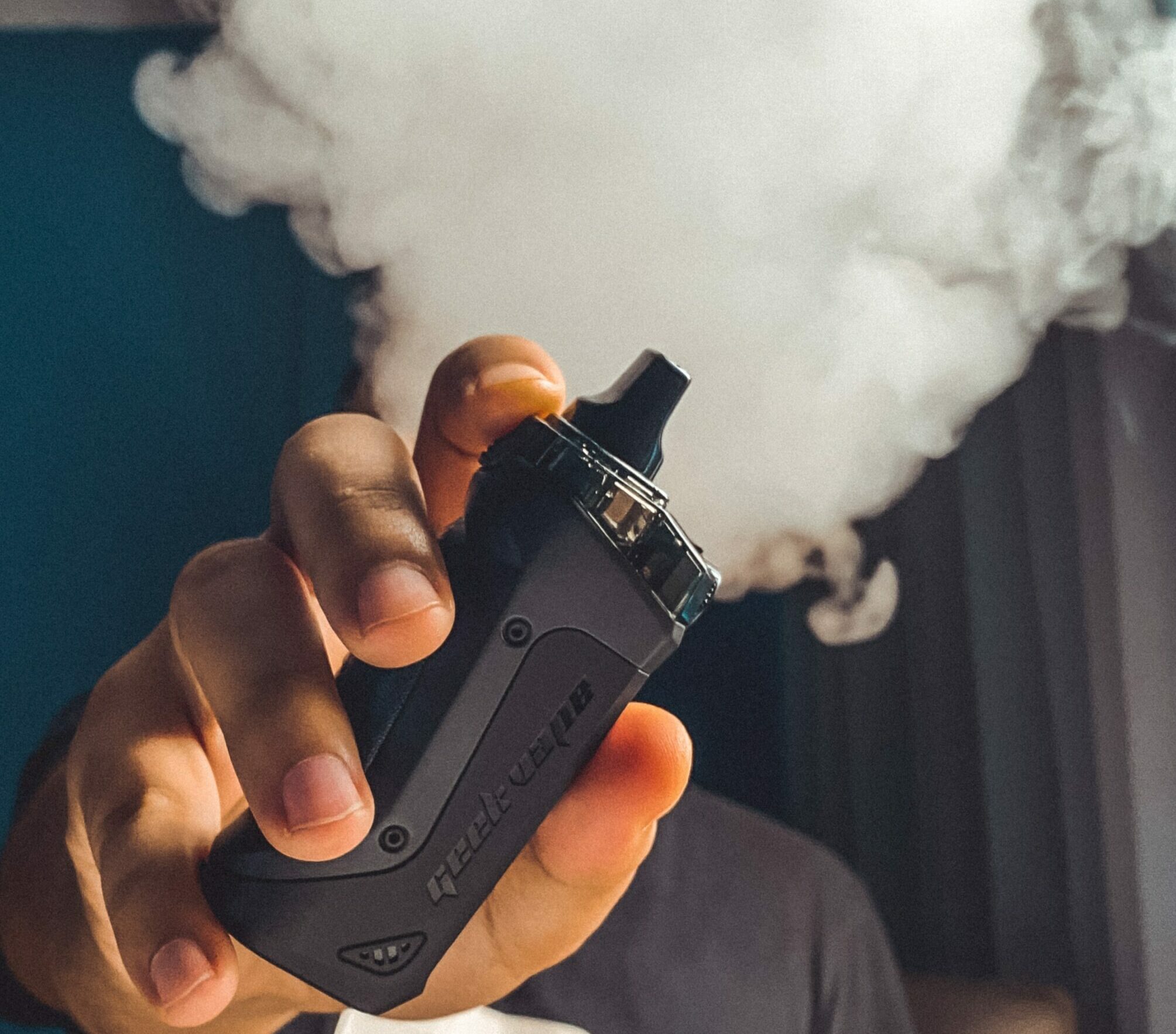
Chatham County Sheriff Charges 9 Businesses for Selling Tobacco Products to Underage BuyersThe Chatham County Sheriff’s Office revealed Friday its efforts to run a sting operation to limit the sales of nicotine vape and tobacco-related products to underage buyers, sharing several businesses that were found to have violated the law. A release from the office said throughout August, Chatham County investigators visited 29 stores to observe any […]

Thousands of Unauthorized Vapes Are Pouring Into the US Despite the FDA Crackdown on Fruity FlavorsWritten by MATTHEW PERRONE The number of different electronic cigarette devices sold in the U.S. has nearly tripled to over 9,000 since 2020, driven almost entirely by a wave of unauthorized disposable vapes from China, according to tightly controlled sales data obtained by The Associated Press. The surge stands in stark contrast to regulators’ own figures, which […]
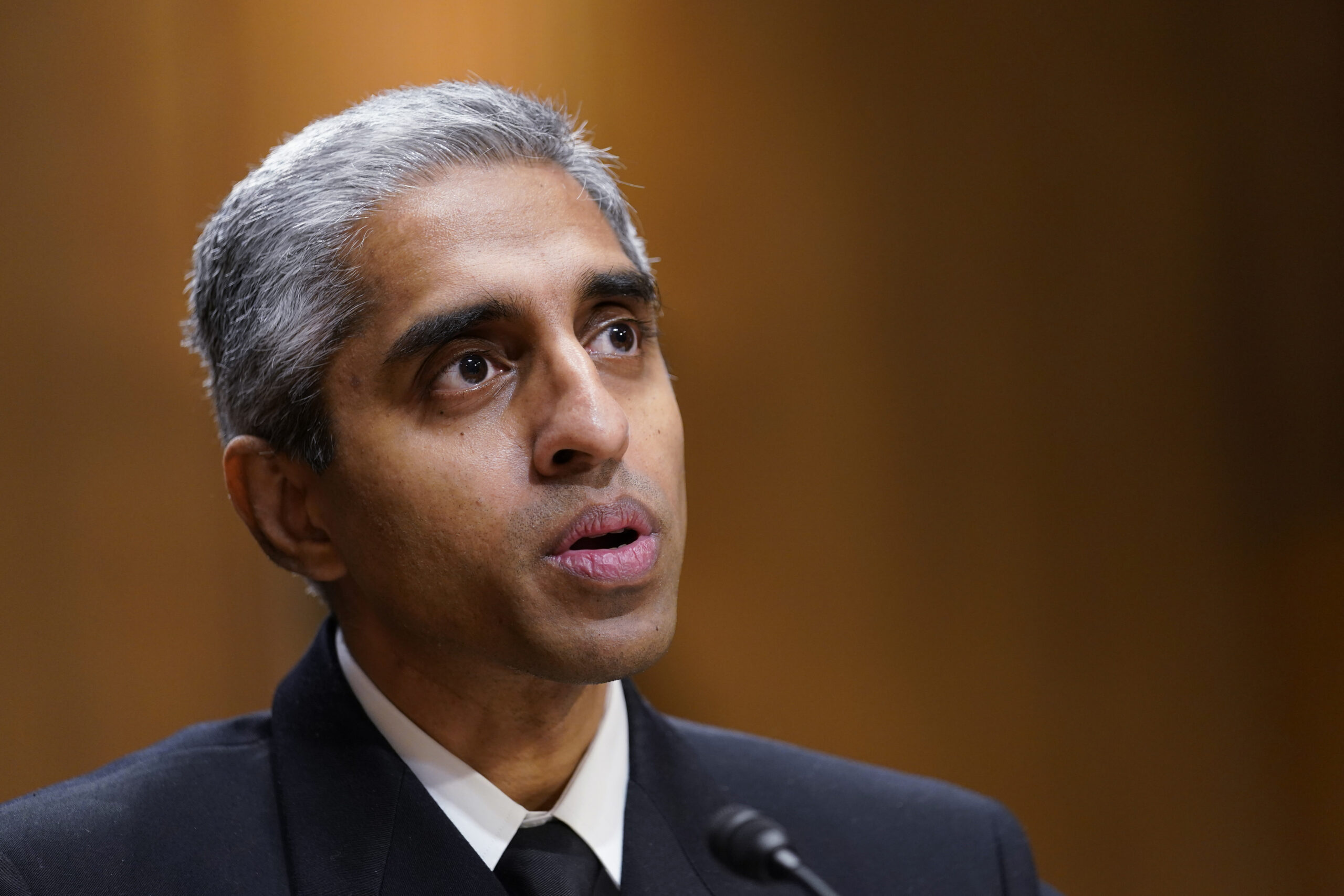
Loneliness Poses Risks as Deadly as Smoking, Surgeon General WarnsWritten by AMANDA SEITZ Widespread loneliness in the U.S. poses health risks as deadly as smoking a dozen cigarettes daily, costing the health industry billions of dollars annually, the U.S. surgeon general said Tuesday in declaring the latest public health epidemic. About half of U.S. adults say they’ve experienced loneliness, Dr. Vivek Murthy said in […]

Local Officials Denounce Violence Against LGBTQ+ CommunityOn November 14, over 125 elected officials and organizations in North Carolina crafted and signed a statement denouncing violence and hateful rhetoric against the LGBTQ+ community.
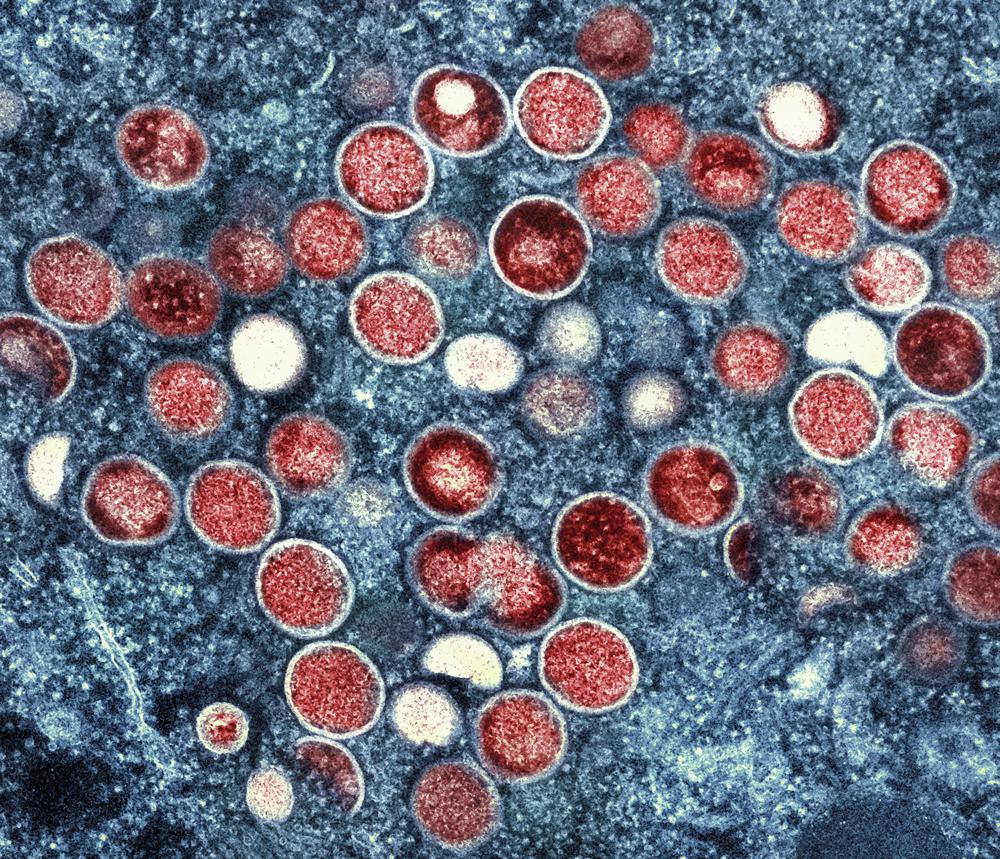
First Case of Monkeypox Identified in Orange CountyThe Orange County Health Department has received its first reported case of monkeypox in the community. In a release Wednesday afternoon, the county heath department said its communicable disease team is in direct communication with the case. Per recommendations from the Centers for Disease Control and Prevention, the person has been referred to isolate. The […]
›










